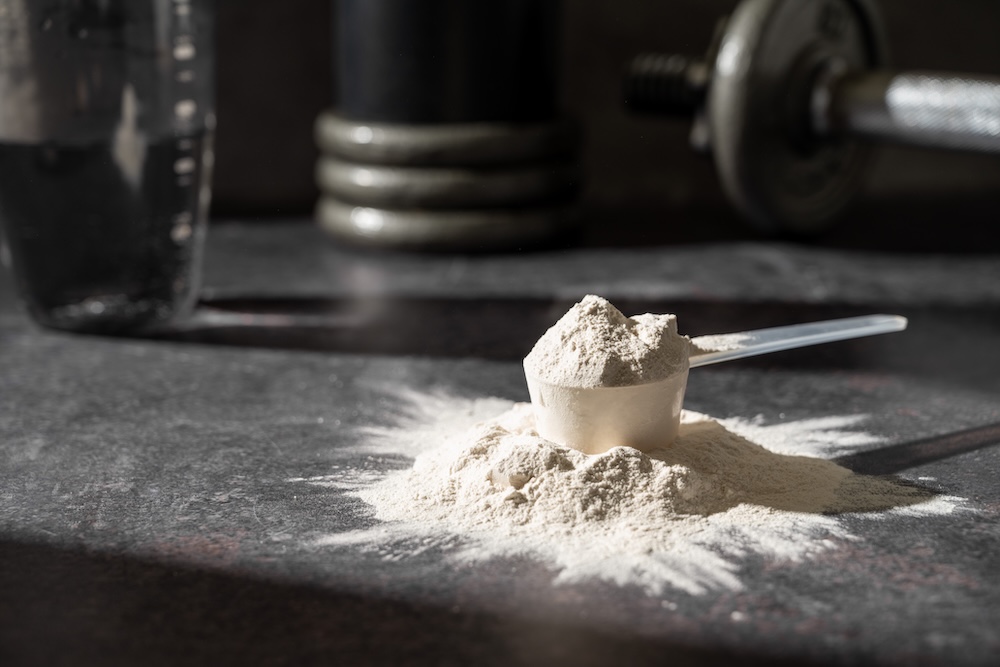Creatine monohydrate

Creatine monohydrate is one of the most researched nutritional supplements in the sports world. It's widely used by athletes and sportspeople who want to support their performance during short, intense bursts of exercise. This article explains what creatine monohydrate is, how it works in the body, and the recognized effects it can have when used according to scientifically established guidelines.
Creatine is a substance that occurs naturally in the body and is partly obtained through food, particularly from meat and fish. The majority of creatine stores are found in skeletal muscle. Creatine monohydrate is the most commonly used and researched supplement form of creatine. It consists of creatine bound to a water molecule, making it stable and highly soluble.
Creatine plays a role in muscle energy supply. During short, intense bursts of exercise, the body uses ATP (adenosine triphosphate) as a direct energy source. Creatine phosphate, formed from creatine, helps quickly replenish ATP, allowing muscles to sustain high-level exertion for a little longer.
The European Food Safety Authority (EFSA) has approved one health claim for creatine:
"Creatine increases physical performance in successive short-term, high-intensity exercise sessions."
Condition: The beneficial effect is obtained with a daily intake of 3 grams of creatine.
Dosage: 3–5 g of creatine monohydrate per day.
Creatine monohydrate can be dissolved in water or fruit juice and taken at any time of day. Consistent daily use is more important than the exact time.
Creatine monohydrate is a simple, well-researched supplement that contributes to improved physical performance during repeated short-term, intense exercise when consumed daily in a dose of 3 g. This makes it a popular supplement for athletes and sportspeople who want to optimize their performance in this specific area.


